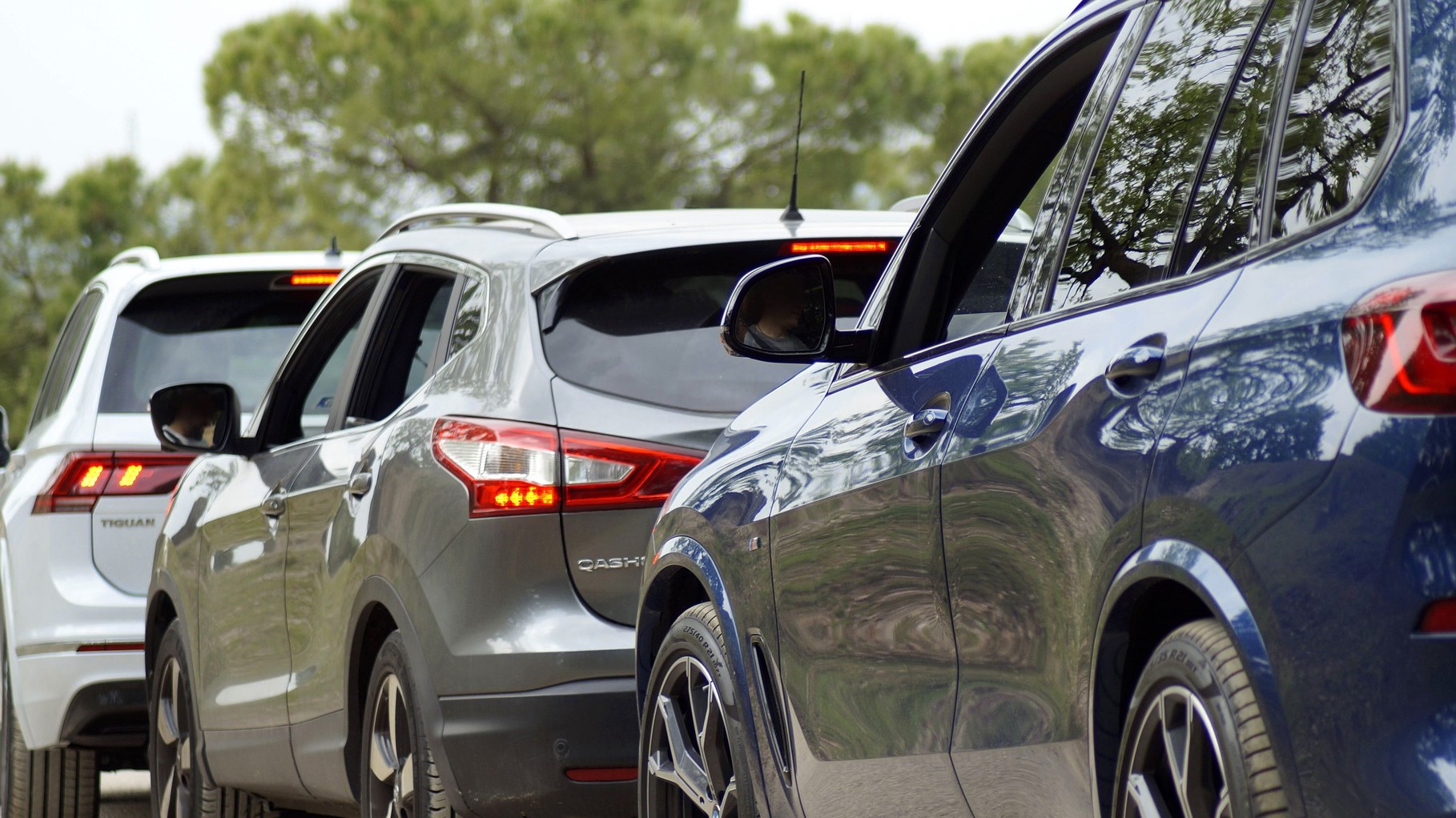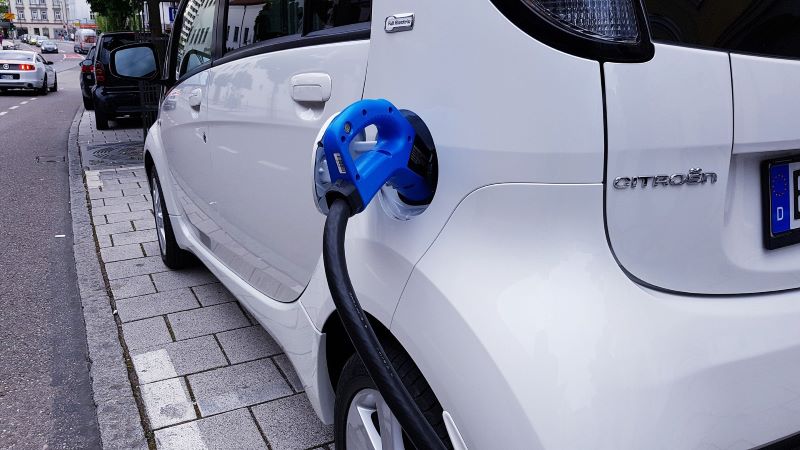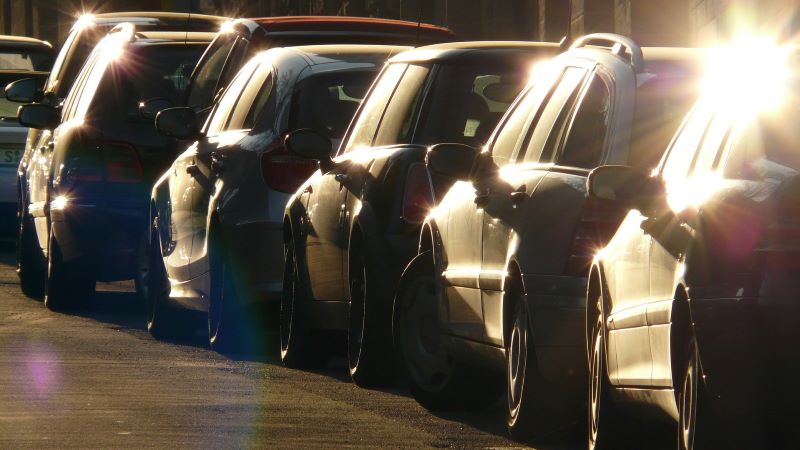Bad Homburg: The VDIK supports the climate protection targets agreed in Paris. The German automotive market needs further incentives to promote climate-friendly alternative drive systems in order to meet them. The announcement after yesterday’s car summit to expand charging infrastructure is therefore a very important step in the right direction. VDIK President Reinhard Zirpel explained: “Germany should make a significant contribution to the development of the market for alternative drive systems by 2030 through reliable subsidies and framework conditions. It would be an important signal if alternative drive systems were to achieve a breakthrough in this country. The international manufacturers advocate a technology-open approach in which vehicle manufacturers can set their own priorities.”
So far, the dynamics of alternative drive systems in Germany have not been sufficient. Although around 70,000 electric vehicles were sold in 2018, this corresponds to an overall market share of just under 2 percent. Germany is even slightly below the European average. The international motor vehicle manufacturers have been supporting the environmental bonus since 2016 by taking over the manufacturer’s share of at least 50 percent and are also fully supporting the extension until 31 December 2020.
Against this background, an overall concept is necessary to further support the purchase and operation of electric vehicles. The expansion of the charging infrastructure is decisive for the success of electric mobility. In this area, the international motor vehicle manufacturers are already providing support in the form of numerous charging options. The federal government should launch a new funding programme in the short term to develop private charging infrastructure in particular. Around 85 percent of charging processes take place at home. Private and commercial new buildings must therefore be equipped or prepared for the necessary network connections from the outset. The necessary legal framework conditions must be created and targeted funding measures adopted.
A position paper with comprehensive VDIK recommendations on alternative drives in Germany can be found in the appendix.




